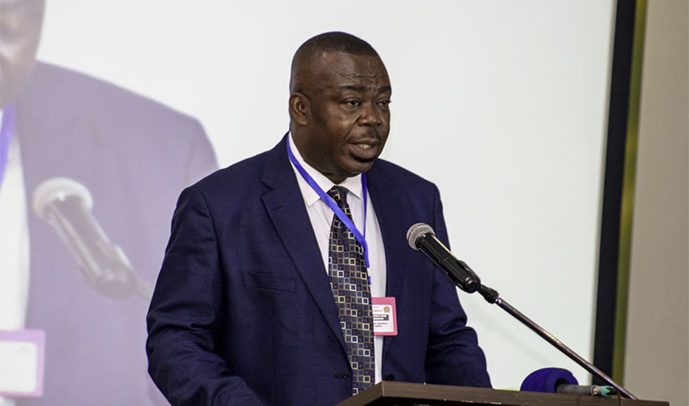Stephen Asamoah Boateng
STEPHEN ASAMOAH Boateng, Executive Chairman, State Interests and Governance Authority (SICA), has asked boards of state institutions to implement effective performance management systems in order to deliver on their mandates.
He said the implementation of effective risk management systems and business continuity plans would enable the leadership of state institutions manage risks associated with their businesses, minimise disruptions and ensure survival.
According to him, “What gets measured gets done.”
Mr. Boateng was speaking at the opening ceremony of the boards/CEOs governance workshop of the Institute of Internal Auditors Ghana on the theme “Leadership: Imperative for Institutional Survival”.
Mr. Boateng said the demands of the current challenging working environment left no leader in a comfortable state, “Whether the leader is in public service or the private sectors, he faces a serious challenge.”
He stated that for the private sector, competition alone serves as a leveler which challenges leaders of organisations to review their processes, adopt new ways, change strategy, and change course to stay competitive.
He, however, noted that in the public sector, efficient comparative products from the private sector have given rise to discussions about public-private partnerships, private sector participation in the hitherto of the public sector space, as well as new indicators for assessing public sector performance.
He therefore stated “As leaders, you are role models in your respective institutions. Practice ethical leadership and influence people in your environment positively to achieve results because citizens are getting more assertive and are asking questions of state-owned enterprises. There are questions as to “why these enterprises exist?” and “what do they bring to the table?”
Mr. Boateng also advised the participants to invest in human capital development to address the skills gaps that threaten the future workforce.
He expressed the hope that the conference would bring to bear the ideas in various places of responsibility, and enable the participants work through a wider network to support one another to excel for the benefit of the respective institutions and Ghana.
BY Jamila Akweley Okertchiri


